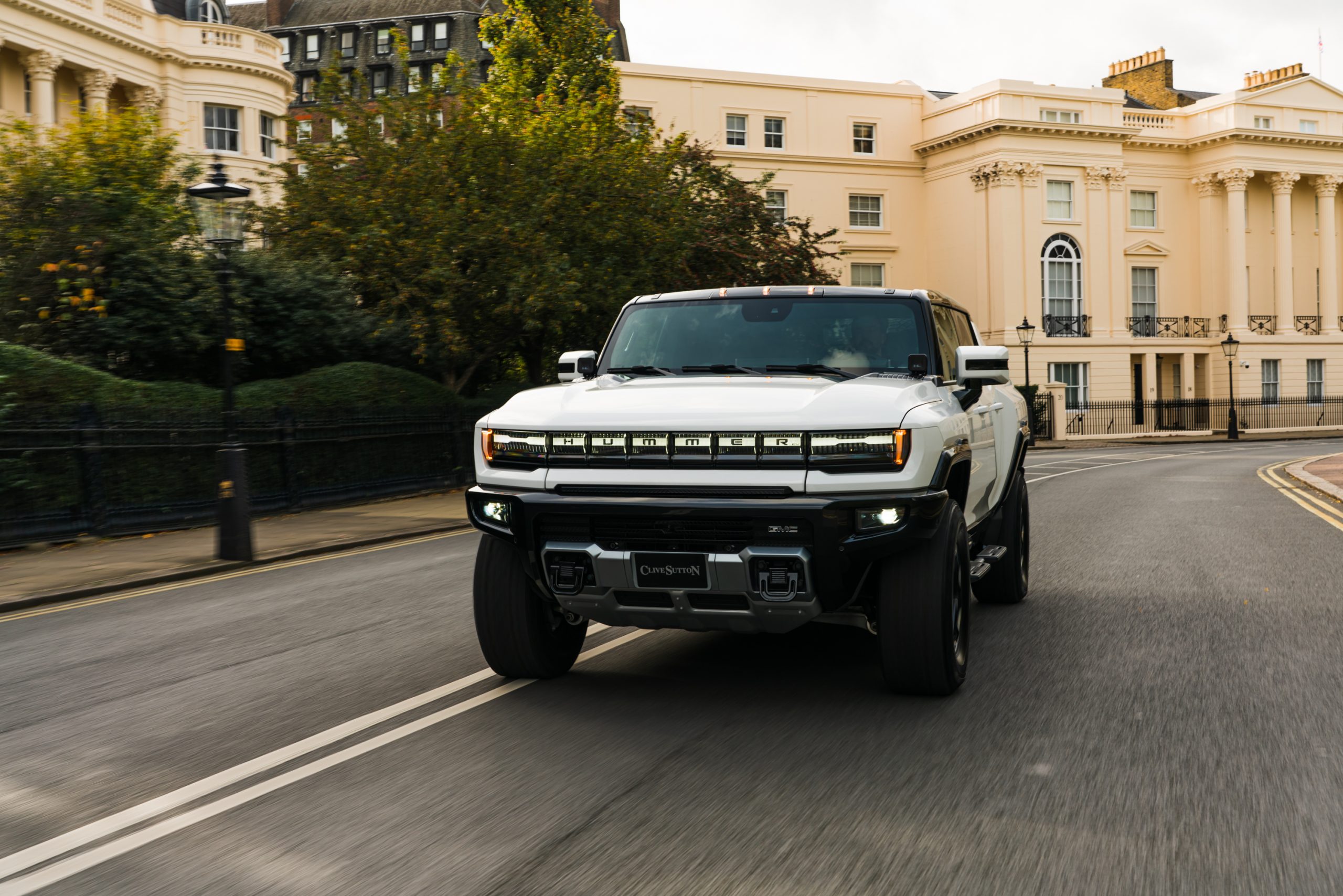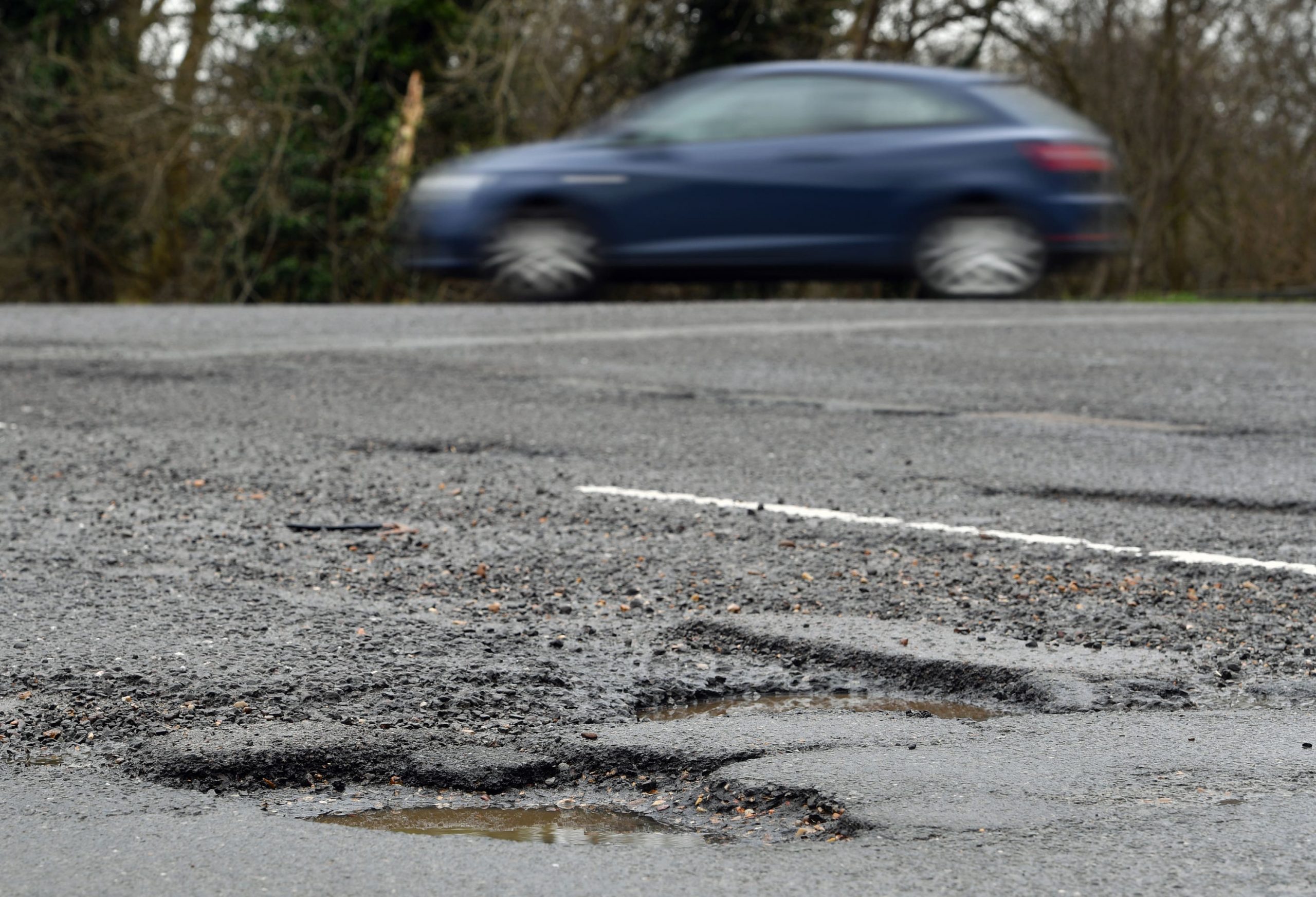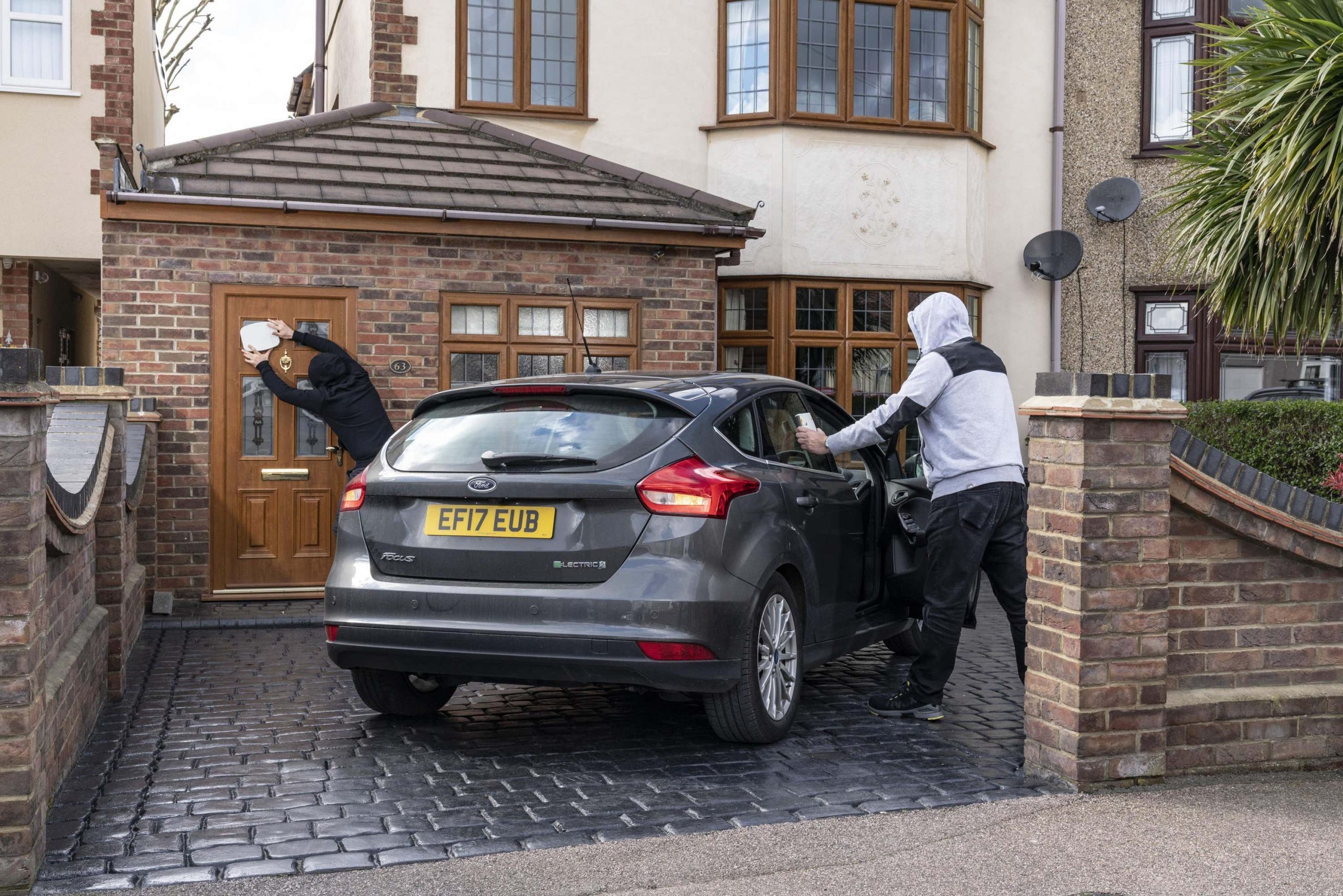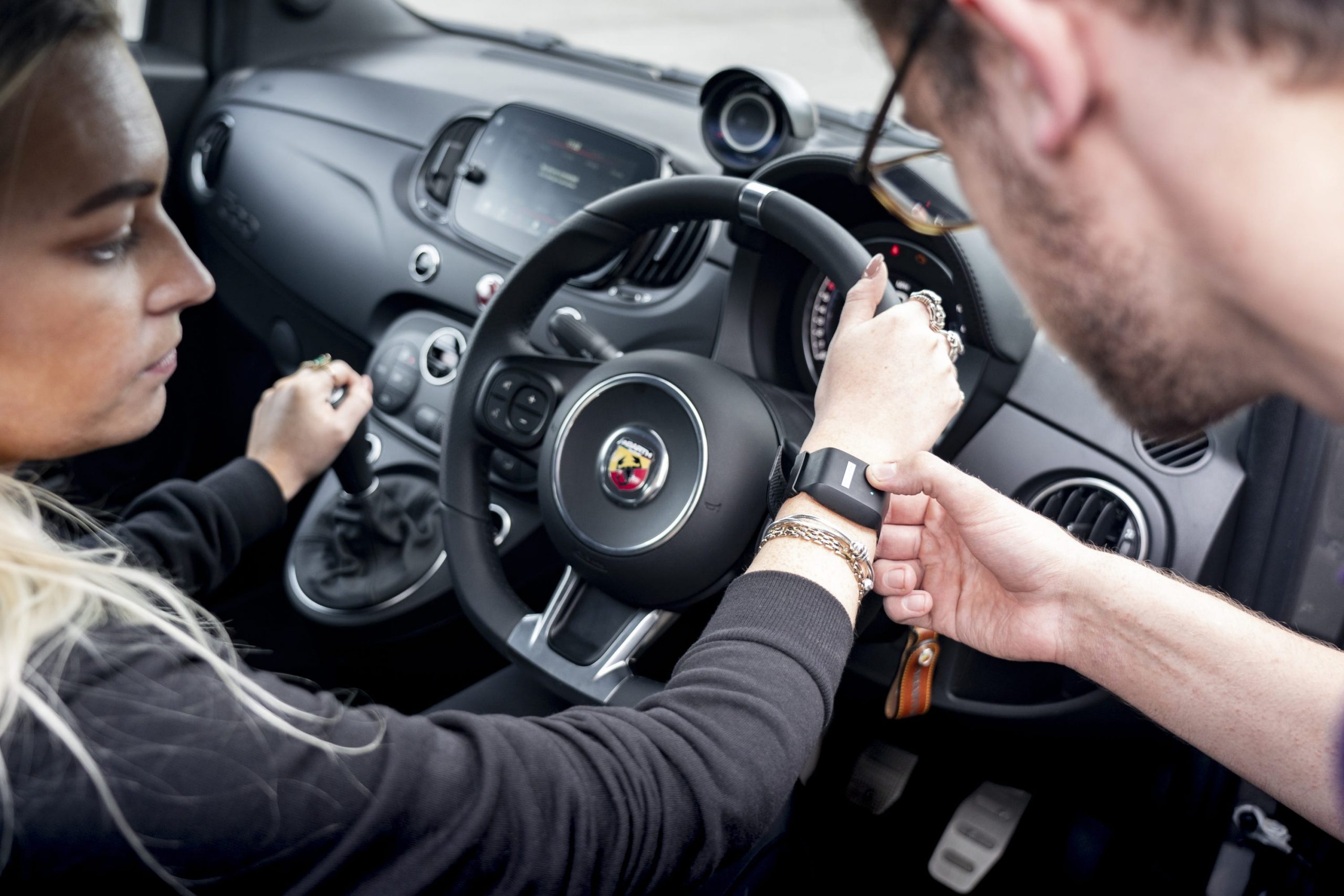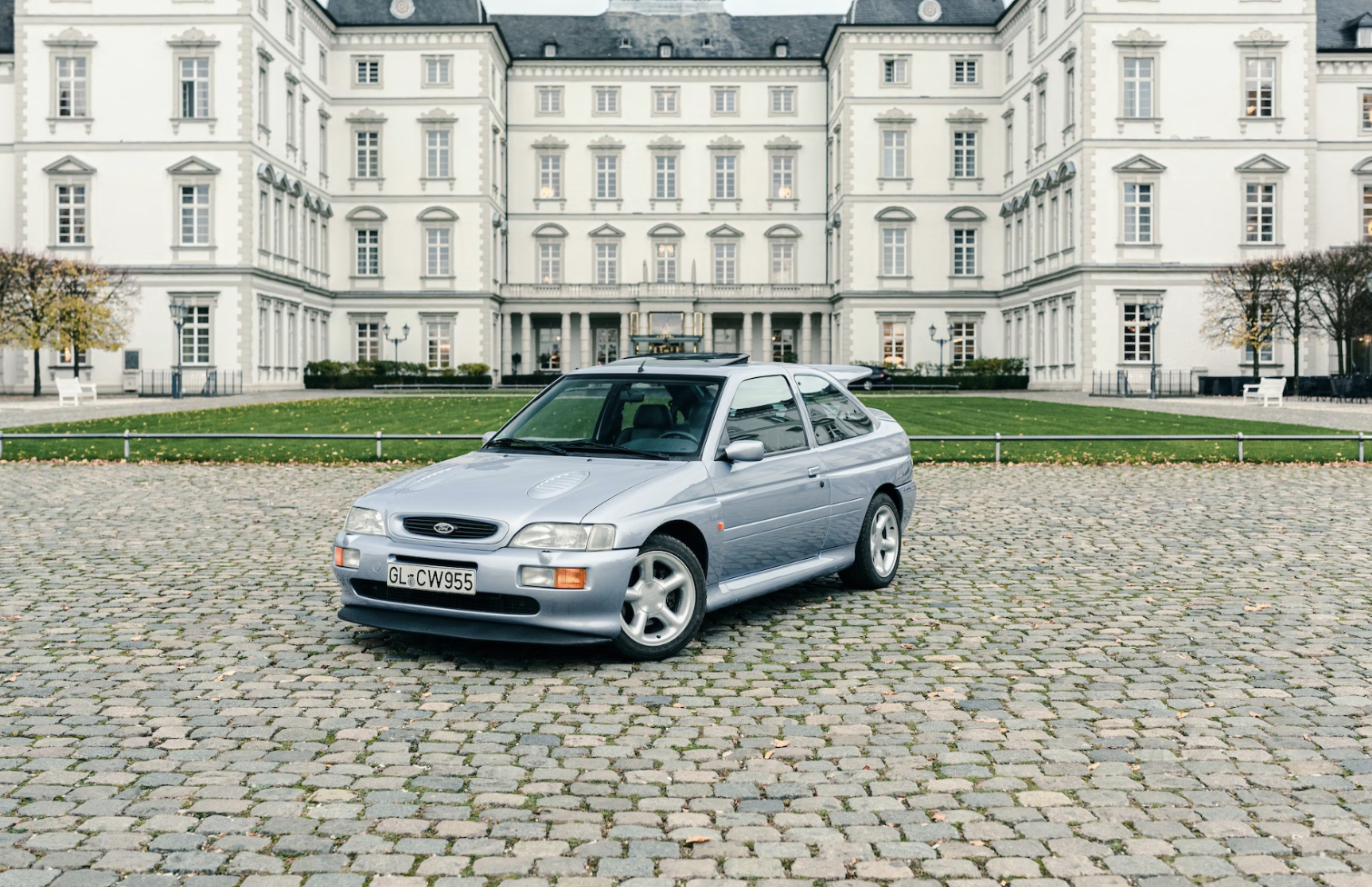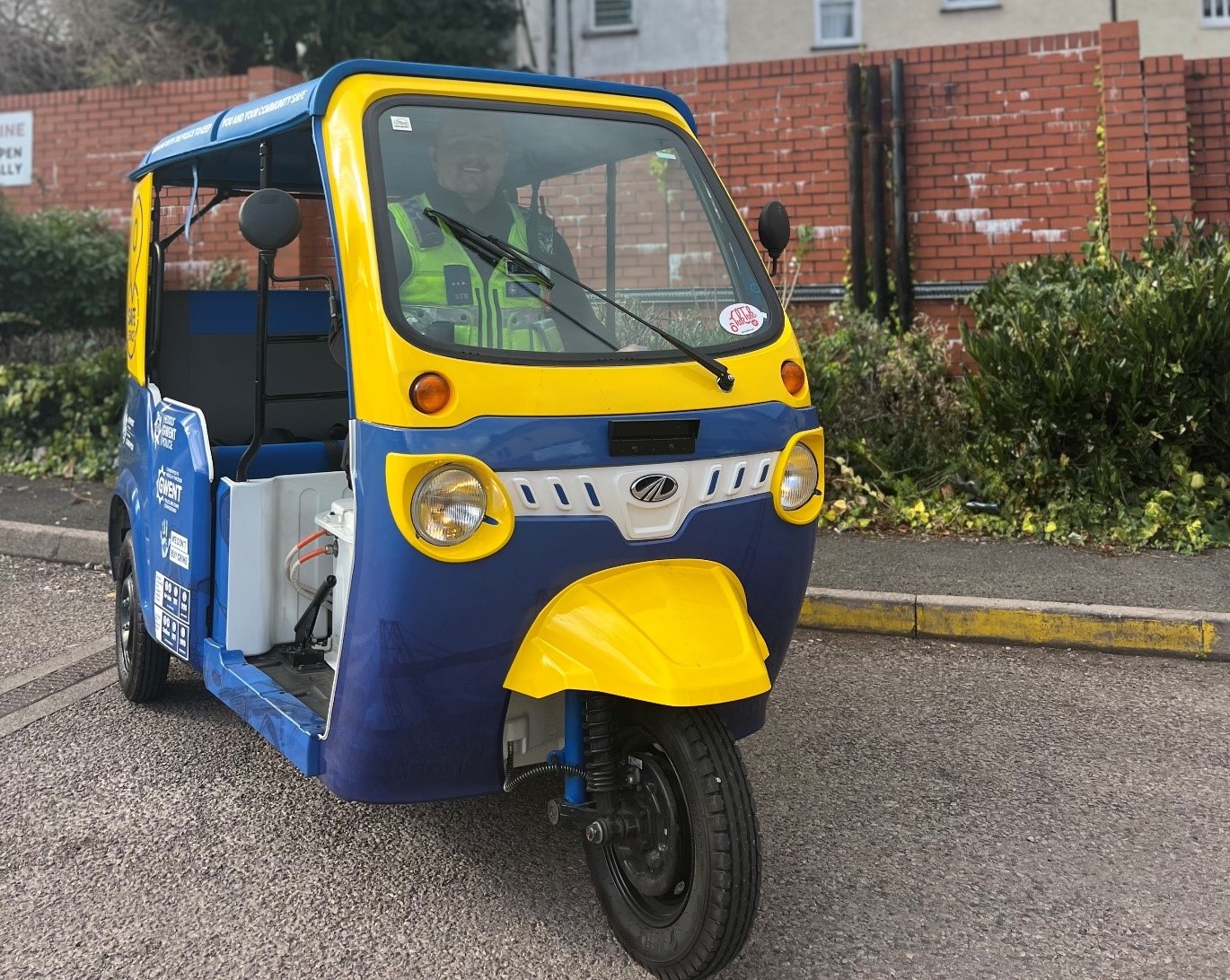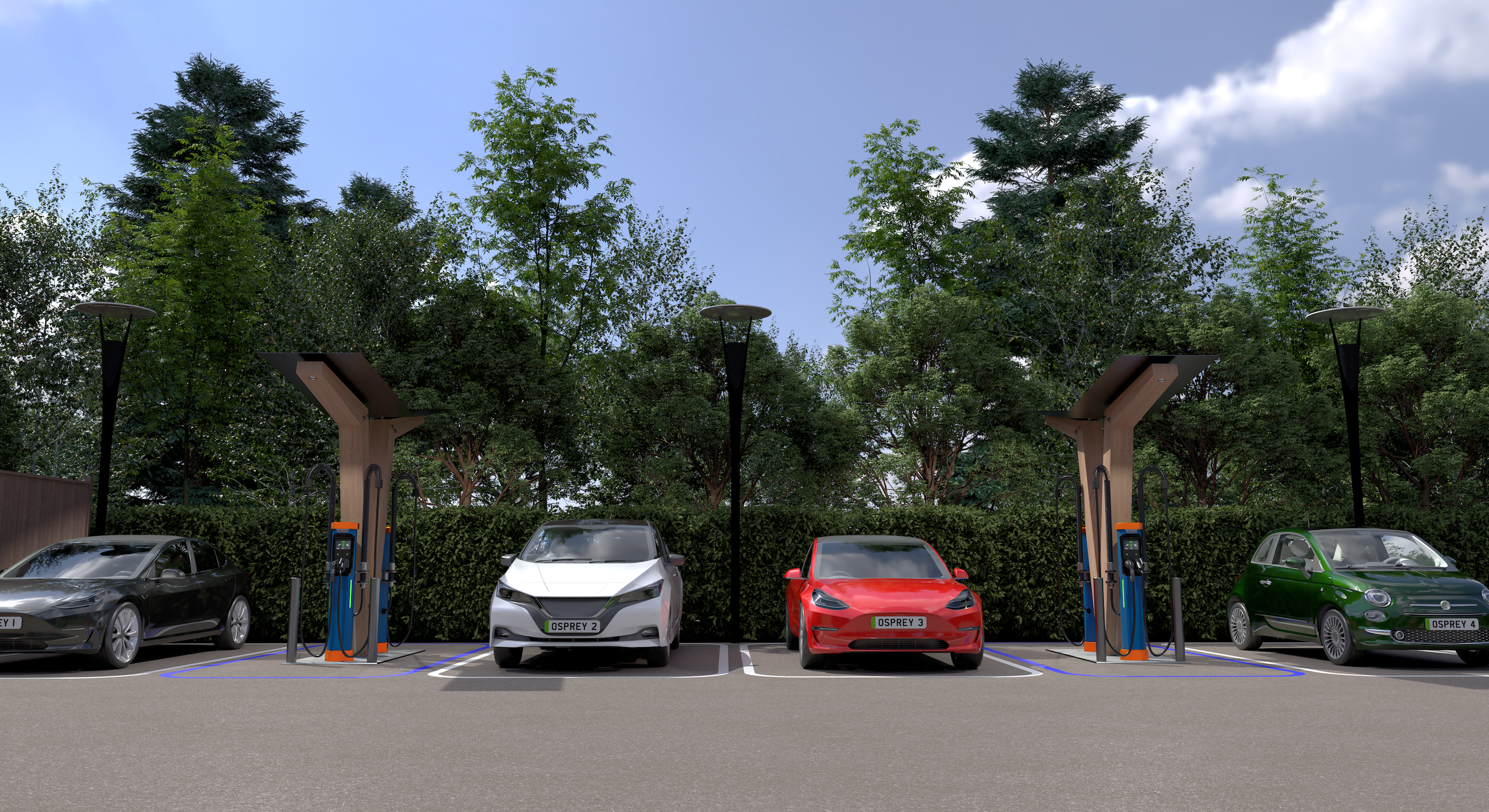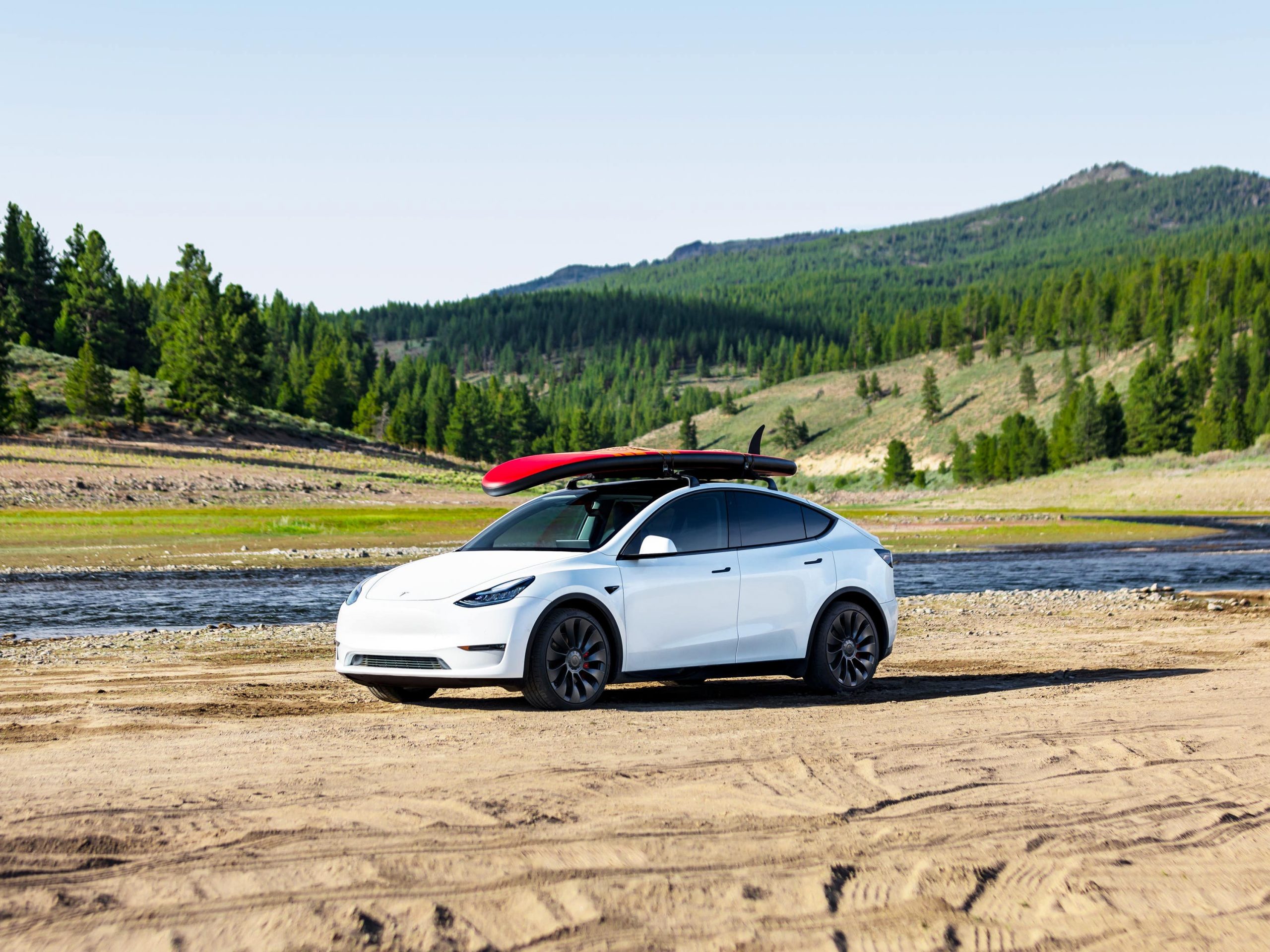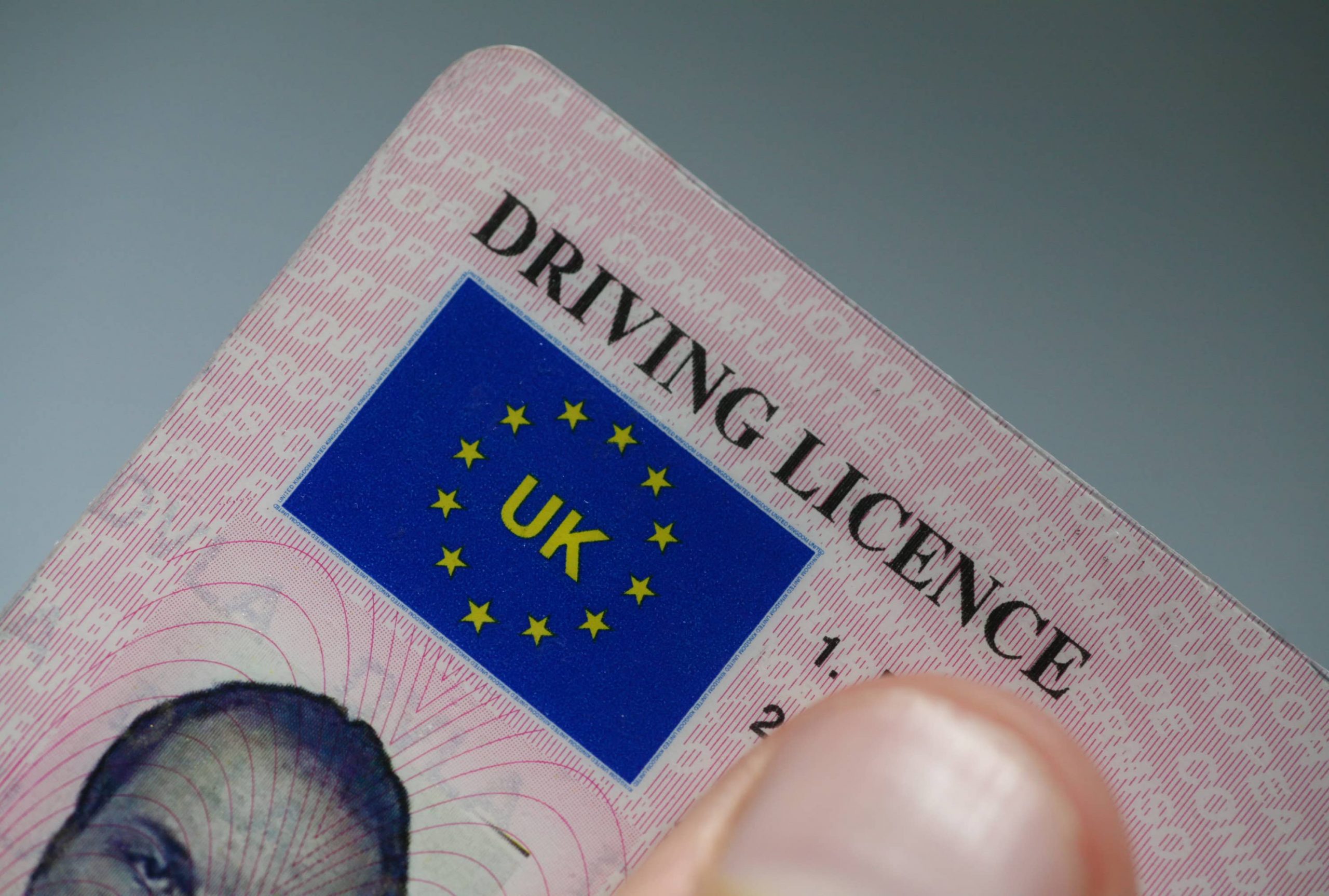The first new electric GMC Hummer EV has arrived in the UK after being specifically imported.
The all-electric pick-up isn’t officially sold in the UK so has to be imported from America, with Clive Sutton being the first dealer to bring the model here.
The huge truck measures two metres in height, 2.34m in width and 5.5m in length – making it almost half a metre wider and longer than a Range Rover. It also packs a massive 200kWh battery (almost twice that of the biggest European-manufactured EVs), which allows for more than 350 miles of range.
Its powertrain also produces almost 1,000bhp, allowing this huge SUV to accelerate from 0-60mph in just 3.3 seconds.
Clive Sutton says demand for the model in the States is ‘sky-high’, with fewer than 1,000 said to have been delivered. American media reports in July suggested that just 12 were being produced per day, despite General Motors – the owner of Hummer – having more than 80,000 orders.
As a result, models are selling for well over the asking price in the US, with many Hummers retailing for around $200,000 (£178,500) – double the initial asking price.
By the time London-based Clive Sutton has bought the truck, shipped it over and registered it, it says the model ‘costs around £320,000’. The firm says it aims to offer a ‘manufacturer-style’ experience for customers, with the Hummer coming with a two-year, 50,000-mile warranty,
Founder and CEO Clive Sutton said: “As soon as the GMC Hummer EV was announced, our customers have been desperate to see the model in the UK.
“Now that we have imported the first one, we anticipate orders outstripping supply as buyers clamour to be among the first in Europe to own this electric supertruck.”
Clive Sutton is now accepting further orders for 2023.

